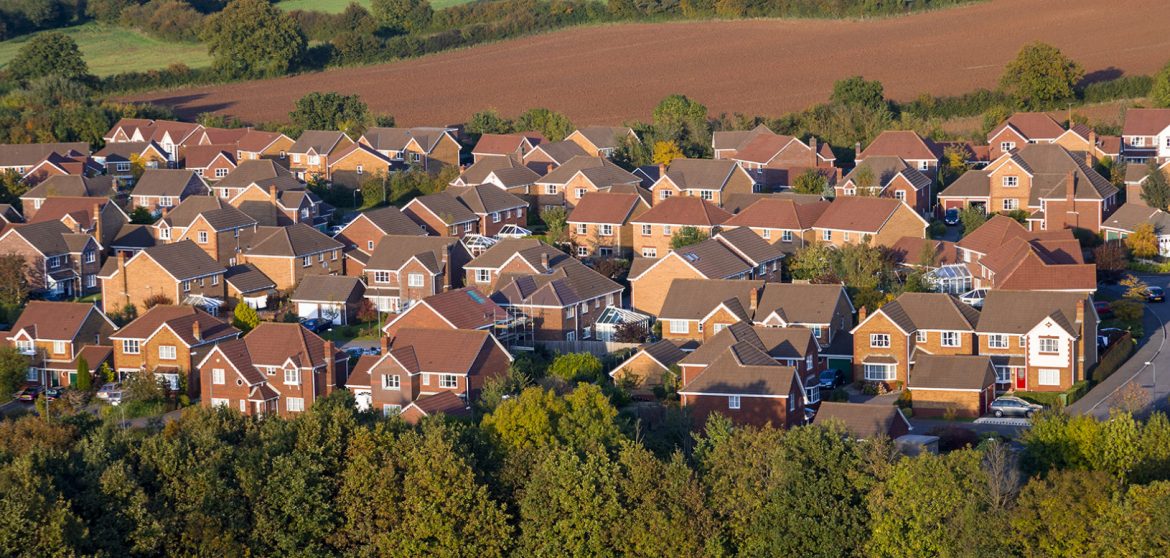Tony Juniper, the chair of Natural England has suggested that building on the green belt should be part of the UK’s answer to the housing crisis, provided more effort is also put into improving the quality of urban green space.
Juniper said that new housing and better protection for green spaces, wildlife and nature should not be seen as opposites, adding that the “oppositional mindset” that sees the two as “binary choices” does not reflect reality, and is hindering local communities from finding ways to provide enough homes for people, while restoring the UK’s dwindling species.
“What we need to be doing is thinking more about how we can accommodate high quality nature within and around residential developments, not only in order to meet nature targets, but also in order to promote social wellbeing,” he was quoted as saying. “Because we now know, from a vast body of evidence, that access to green spaces and areas with water is very, very good for people’s wellbeing.”
He explained that the green belt should not be sacrosanct and that England could end up with less green belt than it has currently, but “better quality greenbelt – that might have more houses in it.
“If you look at many green belts around England, quite a lot of them are pretty bereft of wildlife. They’re not very accessible. Some of them are not producing much food either.”
Read also: European Union criminalises environmental damage ‘comparable to ecocide’
He maintained that Instead of a blanket defence of green belt land, government and local communities should take “a more joined-up view” that could see some new building but better conservation, and more green space where people need it.
“If you look at the economic benefits we get from access to good quality, wildlife-rich green space, the economic value of that goes up in proportion to the amount of people who can reach it,” he says. “Putting woodlands in remote areas is going to have much less social benefit than putting woodlands in areas next to where people live.”
Juniper’s stance contradicts that of many campaigners for whom the green belt is a totemic issue, and who resist encroachment on it. But his pragmatic attitude has been honed from years spent arguing the scientific case for nature to often sceptical ministers and civil servants, finding ways to push for bold action within straitening officialdom.
Story was adapted from the Guardian.
